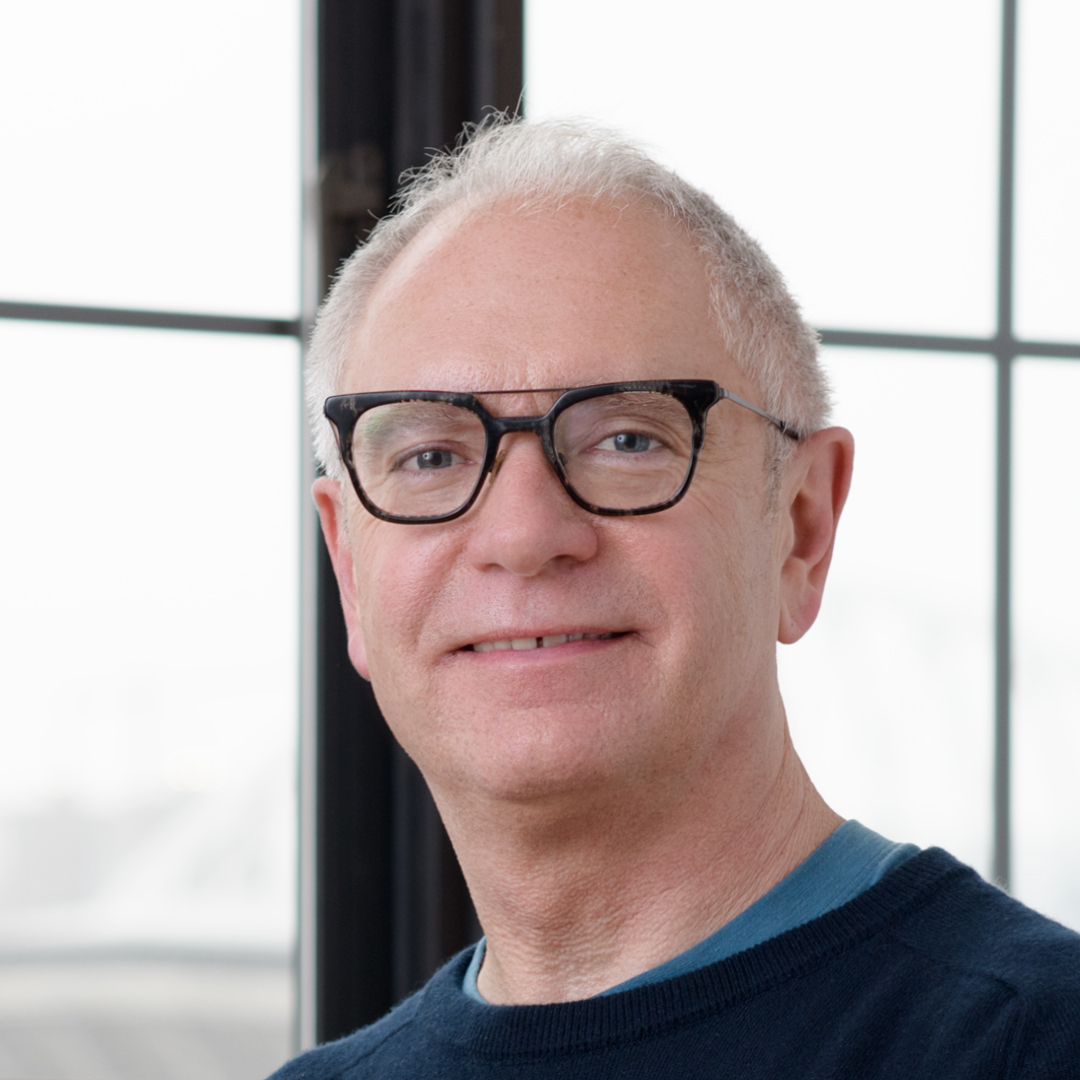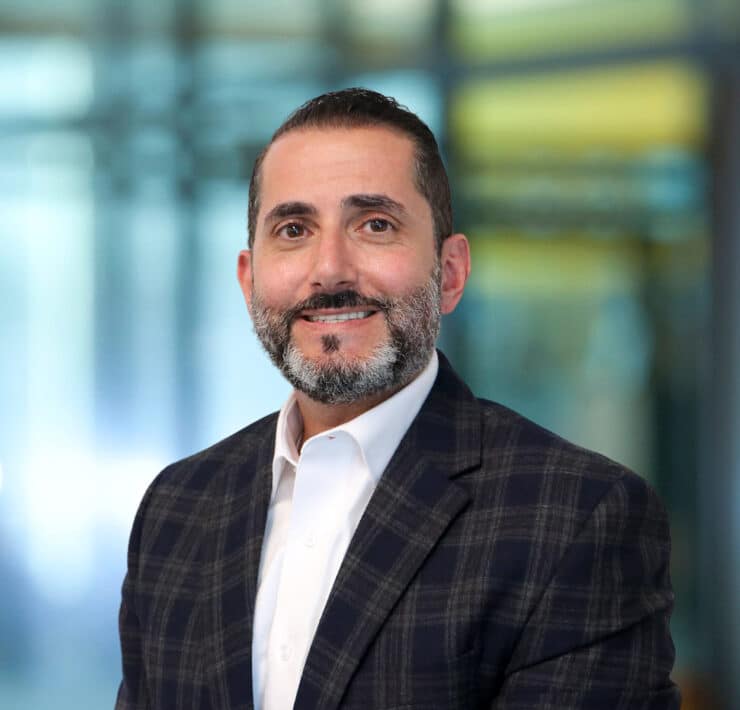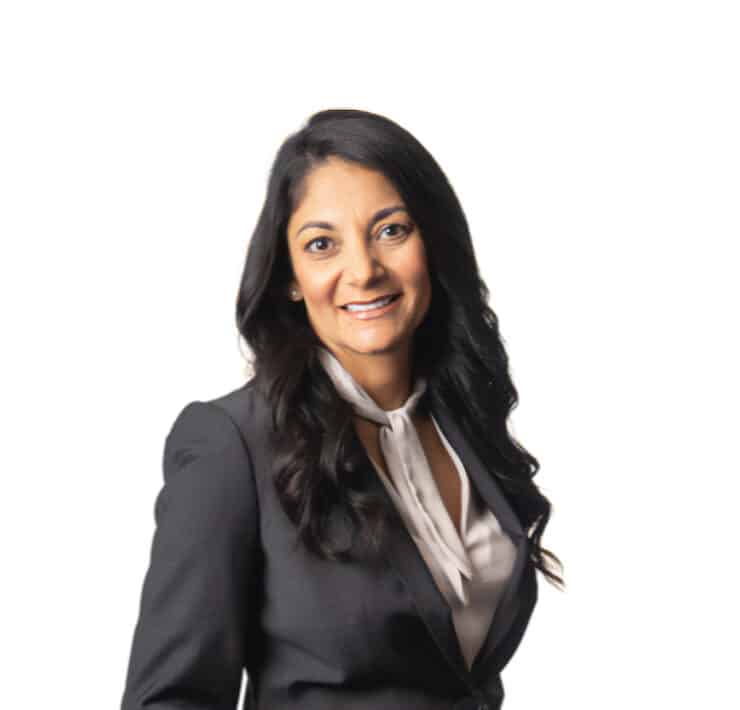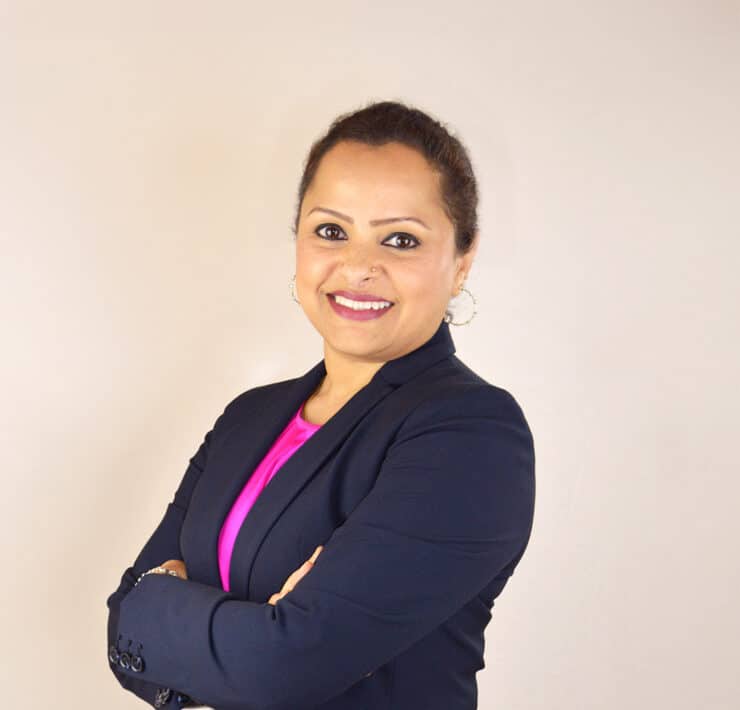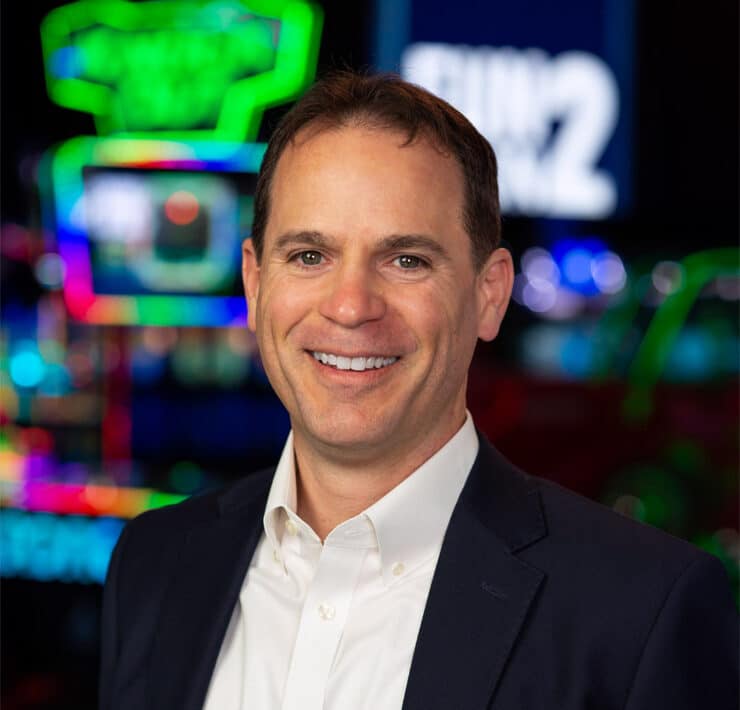|
Getting your Trinity Audio player ready... |
Right after he finished college, the first client AJ Harris had at PricewaterhouseCoopers was the NBA’s Los Angeles Lakers—one of the most storied franchises in all of sports. “I was starry-eyed walking past security and seeing all of these nice cars out front,” Harris says, laughing. “I walked upstairs by all of the photos of these amazing players and then all of a sudden I found myself in the audit room, which was a closet. But I knew all of the glitz and the glamor of this amazing organization was right around the corner.”
Harris’s first client would eventually become his employer. Since coming to the Lakers in an assistant controller position in 2015, Harris has risen quickly through the ranks: he’s been promoted twice and currently serves as VP of accounting and finance as well as controller. He breaks every stereotype of an accounting guy: he’s outgoing, warm, and prefers to be in the company of his team, sometimes to a fault.
“It’s been funny working from home. I know people can get tired of the meetings, but I always want my team on so we can chat though issues or problems in person to just talk it through,” Harris says. “My team’s not always down for that,” he adds with a laugh. “One thing I’ve had to learn to adapt to since taking over this department is to try and coach and manage based on people’s strengths and how they prefer to work.”
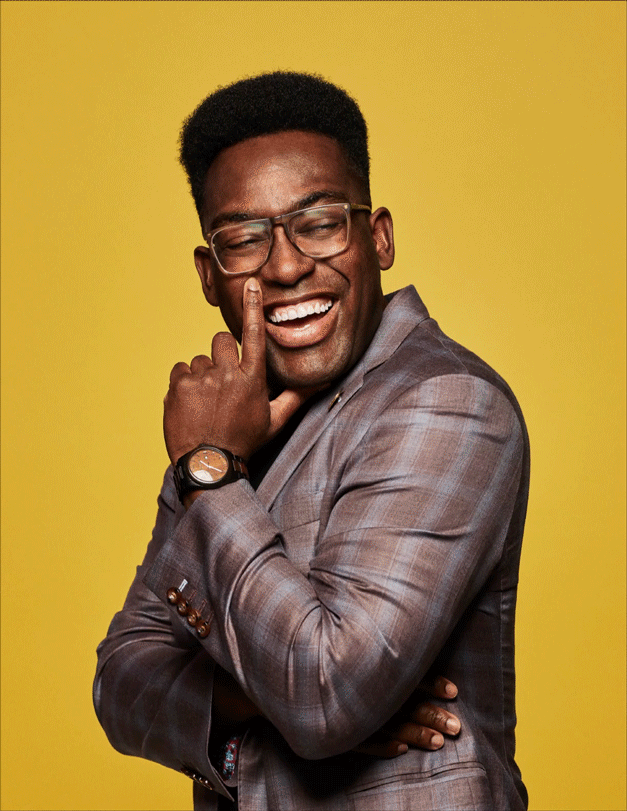
Harris is responsible for one of the most important adaptations of the accounting and finance function for the Lakers. When he arrived in 2015, the new recruit was surprised to find that the entire function was completely manual, but in the years since he’s managed to rectify that situation. The Lakers moved to Oracle Fusion Financials, a cloud-based ERP, and worked to familiarize the department with other collaboration tools, which would become critical for sharing information and providing timely feedback as employees moved to working from home during the pandemic.
“I’m very lucky that people were open to my vision,” Harris says. “As of 2020, when the pandemic hit, we were essentially able to pick up, move home, and do our jobs remotely. Had this been three years ago, that would not have been the case.”
Despite a curtailed 2019-2020 season and the real possibility of a 2020-2021 season with no fans in attendance, Harris said he’s proud that his organization hasn’t furloughed any employees. “We’ve been able to maintain our entire Lakers family,” Harris says. “This place really feels like a family, and it starts with how Jeanie [Buss, governor] and ownership treat the organization and support everyone.”
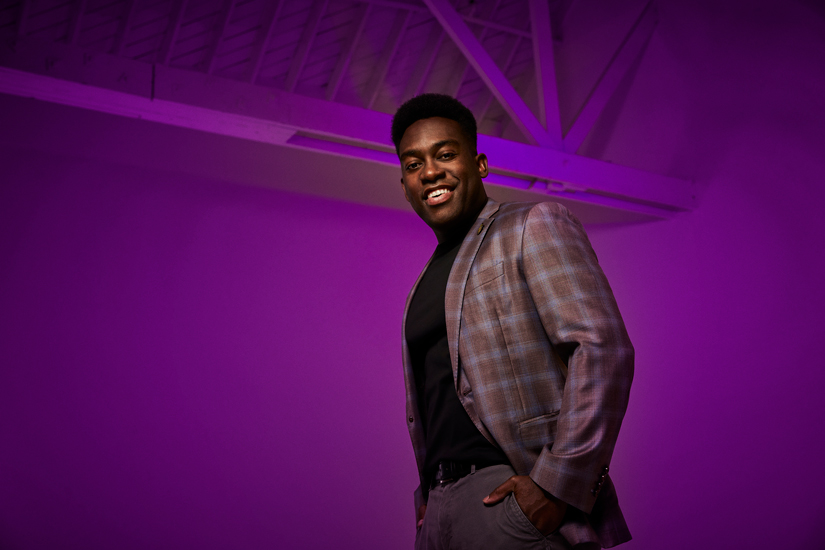
Mentorship is an issue Harris takes very seriously, which becomes clear when he discusses the Lakers ownership, his own boss (CFO Joe McCormack), and the larger executive team. Harris lost his father to cancer just before his college graduation and his mother the very next year, so he has had to navigate his entire professional career without parental guidance.
He’s able to rattle off a list of the mentors who have helped guide him on his journey: they include his basketball coach, who helped the Atlanta youth apply for and receive a scholarship from the Boston-area Milton Academy, and a sibling who helped him navigate his first year of college. Others have also continued to help him open doors that might have otherwise stayed closed.
One important mentor for Harris has been Don Dyer, the first African American partner ever at PricewaterhouseCoopers and the executive director of the Principles of Success Motivational Program, an outreach and motivational program for young men of color to which Harris still devotes time. “Especially in these troubling times we’ve faced this year, I want to make sure that these young men of color have the exposure and ability to connect with successful people that look like them,” Harris says.
Harris has also been tapped to head a new BIPOC business program at the Lakers, which he is looking forward to building out in 2021. “We’re currently going through the process of getting to know our vendors better by issuing a survey to get some benchmarks,” he says. “We recognize there are systematic racial biases that have prevented individuals like myself and other people of color from pursuing their goals and dreams.
“Not only do we want to utilize the Laker brand to provide economic assistance through that vendor-customer relationship,” he continues, “but also provide potential mentoring across our network to other large-scale organizations.”
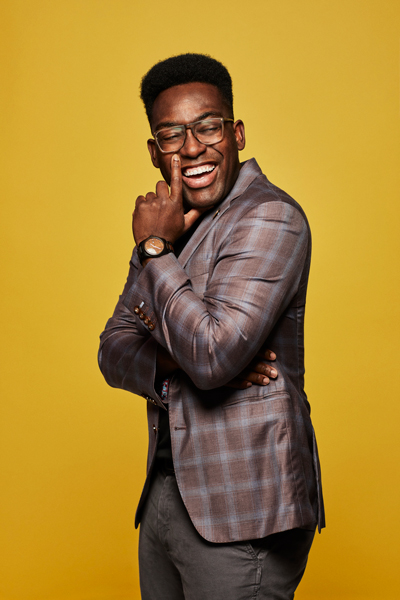
And while Harris may still struggle to find people who look like him in roles similar to his own, he says the mentorship and acceptance he has received at the Lakers is world class. “Joe [McCormack] is the best boss,” Harris says. “He is open, transparent, and from very early on, we had candid conversations around where I want to be in my career, my strengths, weaknesses, and where I am currently.”
Harris just graduated with his executive MBA and is well on his way to a CFO role, but his ambitions don’t end there. He hopes to open a bar and restaurant one day—an admission he made during his Lakers interview that he says, while it was a bit odd, won over team owner Jeanie Buss. “It’s just another avenue to meet, network, and hang out with people,” Harris says. “I may be from Atlanta, but I’ve really loved adapting to this California lifestyle.”

